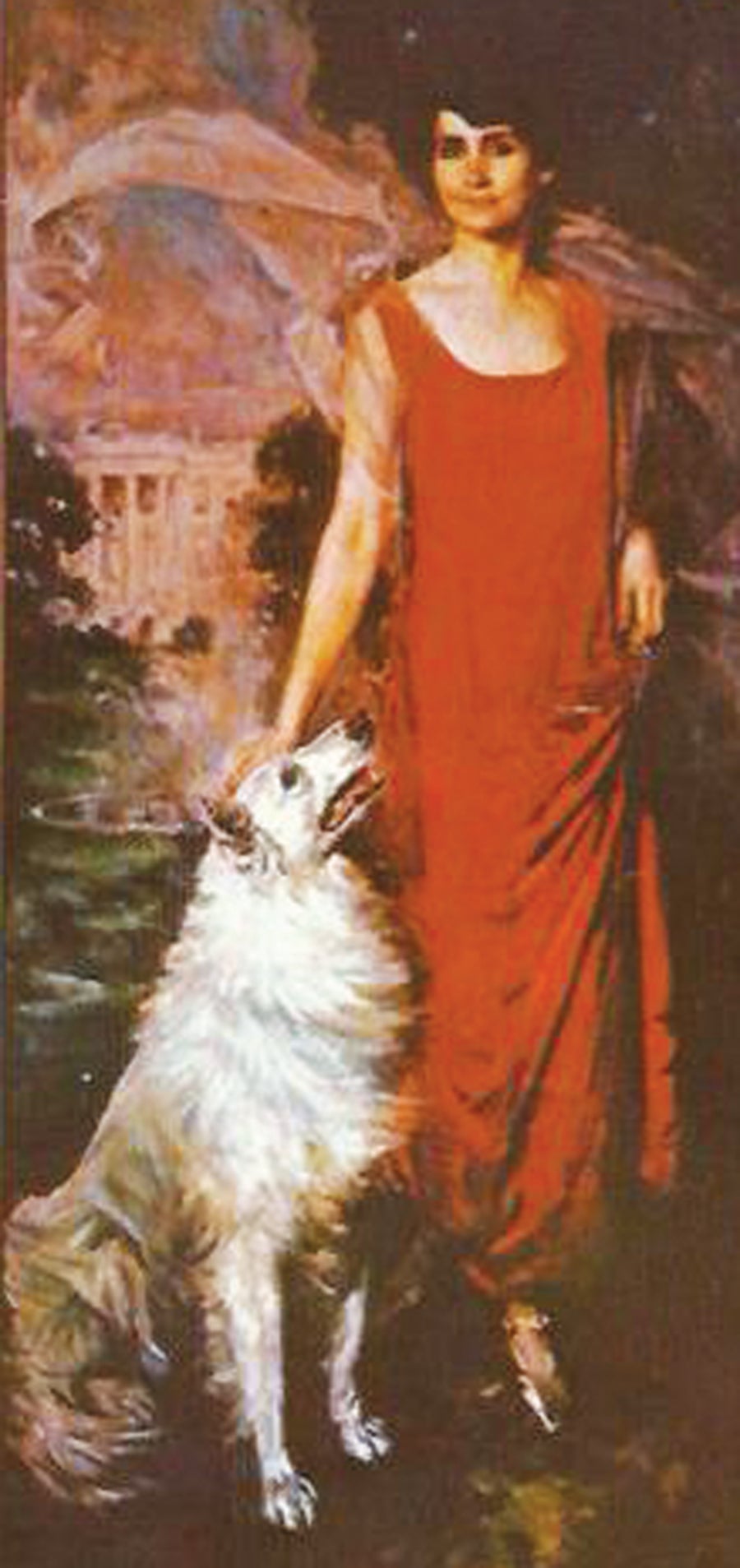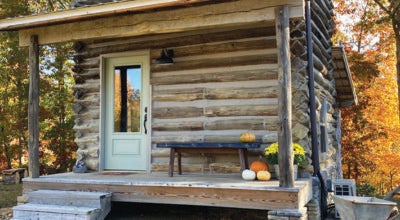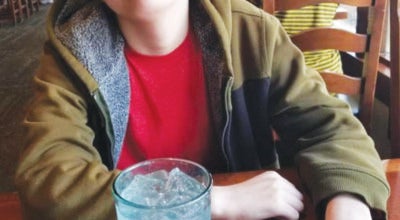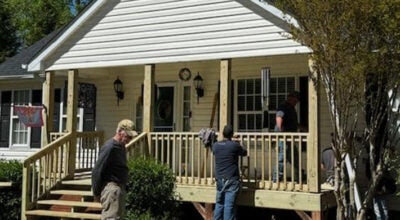First Ladies: American fell in love with Grace Coolidge – The Lady in Red
Published 2:54 pm Tuesday, June 15, 2021
|
Getting your Trinity Audio player ready...
|
By Betty Etchison West
Cana/Pino Correspondent
“Perhaps it was the contrast with her laconic husband, Calvin, but from the moment Americans got a look at lovely, athletic, and vivacious, Grace Coolidge, they adored her.”
What a perfect introduction to Grace Goodhue Coolidge.
That quotation was from “Life Magazine’s First Ladies Portraits of Grace and Leadership.”
Grace Goodhue was born in 1879 to Lemira and Andrew Goodhue in Burlington, Vt. From the time she was young, Grace was interested and concerned about deaf children. After graduating from the University of Vermont, Grace’s interest in the deaf led her to the Clark School for the Deaf in Northampton, Mass., where she was employed as a teacher. She enjoyed working at Clark.
One day while walking down the street in Northampton with a friend, Grace saw through an open boarding house window a man in long underwear with a hat on his head shaving. She said to her friend, “Who is that strange man?” Her friend knew the “strange man” and later introduced Grace to Calvin Coolidge. He was a young lawyer just beginning to practice law in Northampton. Grace and Calvin not only met, but after a period of time, fell in love. They were married at Grace’s home in Burlington in 1905.
In the Matuz’ book, The President’s Fact Book, we find these words: “The Coolidges enjoyed a solid union because they complemented each other’s character exceedingly well, ‘For almost a quarter of a century she has borne with my infirmities and I have rejoiced in her grace.’ Mr. Coolidge said in his autobiography.”
The Coolidges made their home in Northampton. The outgoing, charming Grace became active in the community and the Congregational Church. She budgeted carefully so that the family was able to live on the miserly amount of money which a beginning young lawyer earned. The Coolidges had two sons; one was born in 1906 and the other in 1908. Grace Coolidge loved being a mother, and, throughout the years, she was the parent who played catch with her sons in the backyard, etc.
Calvin Coolidge got interested in politics and was elected Mayor of Northampton. That began a long career in politics. Mr. Coolidge was elected as a State Senator. He left his family in Northampton and lived in a cheap boarding house in Boston while serving in the State Legislature because he thought it was too expensive for his family to live in a big city.
Coolidge was always tight-fisted or conservative except where clothes for his wife were concerned. He was always willing for her to spend money, even large amounts of money, on clothes. He window-shopped while he was in Boston and could sometimes be seen carrying a hat box on the train as he returned home from Boston on Friday night. The box would contain a new hat for his lovely wife. That seemed so out of character, but you really couldn’t fit Mr. Coolidge’s character into any particular box.
Calvin Coolidge was elected Lieutenant Governor and then Governor of Massachusetts. His work as Governor caught the attention of the national leaders of the Republican Party, some of whom wanted him to run for President in 1920. He was not chosen as the Republican candidate for President but as the candidate for Vice President to run with Warren G. Harding. The Harding/Coolidge ticket won.
One dark night in 1923, horses’ hooves could be heard approaching the village of Plymouth Notch, Vt. That sound stopped at the door of the house owned by Col. John Coolidge. There was an urgent knock on the door. The Colonel opened the door, and a messenger handed him a message for the Vice President. Mr. Coolidge took the message, went quickly upstairs, and knocked on the door of the bedroom where Grace and Calvin Coolidge were sleeping. The Vice President opened the door and read the message which said, “The President is dead.” The Vice President handed the note to his wife. He and his wife dressed, and, after kneeling to pray, the Coolidges went downstairs. There in the living room of the Coolidge home by the light of a kerosene lamp, Colonel John Coolidge, a Notary Public, administered the presidential oath of office making his son the President of the United States.
Grace Coolidge served as First Lady with her usual grace. She entertained in a dignified but unpretentious manner which pleased her guests and her husband. Grace, as First Lady, so pleased everyone that she was soon being compared to Dolley Madison, who was one of America’s favorite First Ladies. Grace was a real asset to her husband, who was called “Silent Cal.”
Once a lady, who was seated beside the President at a White House dinner said, “Mr. President, I have a bet with my friend that I can make you say more than two words during dinner.”
The President said, “You lose.” President Coolidge just basically remained silent at all times, but the friendly, out-going Grace managed to cover for him in many situations.
One other story shows the paucity with which the President used the English language. One Sunday, he went to church and his wife stayed at home. When Mr. Coolidge got home, his wife said, “What did the Preacher preach about?” Her husband said, “Sin.” Trying to draw him out, Mrs. Coolidge said, “What did he say about sin?” The President said, “He is against it.” So much for getting “Silent Cal” to talk.
While playing tennis on the White House courts, their son, Calvin Jr., got a blister on his foot. He did not tell anyone about the blister for several days. When he revealed the problem, it was too late. The teenager had developed a blood disease. The doctors could not save him. Calvin Jr.’s death had a profound effect on his parents, but they still performed their duties. It is said that Calvin Coolidge never recovered from his son’s death.
The Coolidges used the State Game Lodge in Custer, S.D. as their Summer White House.
It was in Custer that the President shocked reporters by handing each one a note which said, “I do not choose to run for President in 1928.” Mr. Coolidge had not even told his wife about his decision, but, as usual, the decision was final – no discussion.
One summer while the Coolidges were in Custer, which is in the Black Hills, Grace told her husband that she and the Secret Service agent who protected her were going for a walk and would be back in an hour or two. The hikers did not return in two hours and not even in three. The President was more than worried. Much later, Grace and the agent came out of the woods. Grace explained that they got lost and had a hard time finding their way back to the Lodge. The next day, that Secret Service agent was reassigned to Washington, D.C.
When the Coolidge family left the White House, they moved to “The Beeches,” a big house on a large lot which provided them some privacy. Mr. Coolidge wrote on his autobiography there. He only lived for about five years after leaving the presidency. He died in 1933 and was buried in the little cemetery in Plymouth Notch, Vt., the village where he was born. Grace moved to a smaller house and spent her remaining years doing things that she had always wanted to do like riding in an airplane, going to Europe, and serving on the board of Clark School for the Deaf.
The former much beloved First Lady died 24 years after the death of her husband. Grace Coolidge was buried beside her husband, the 30th President of the United States, in the Plymouth Notch Cemetery in Vermont. Their graves and that of their son who died while they lived in the White House are marked by simple granite tombstones.






